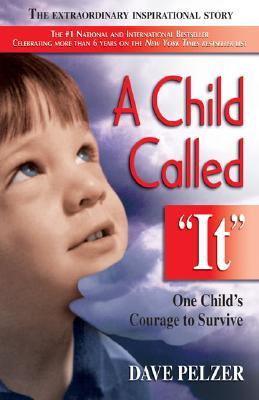The Metamorphosis: how would you react?
October 22, 2014
Many desire to be loved for who they are. In reality, however, this could be difficult to achieve. This notion is primarily witnessed in Franz Kafka’s novella, The Metamorphosis. The text continuously posed the following questions to me: “How would I react when I discover that I transformed into a bug overnight? Would my parents and friends completely ignore me, or still treat me the same as before?” Answering them troubled me quite a bit, not only because of my emotions but also because of the absurdity of such imagination.
 As we delve more into the text, we observe the changes not only in Gregor but his greedy family members as well. The scenes of Gregor trying to hide under the sofa from his mother reminds me of the nonfiction about severe child abuse, A Child Called “It”. Although Gregor’s act of concealing himself is out of concern for his mother, it resembles that of a child who wishes to escape from parents due to perpetual violence. The connection is more noticeable when his authoritarian father throws an apple at him and it becomes lodged in his back. Through the metamorphosis of his physical appearance, Gregor instantly becomes an inferior being from a significant financial support.
As we delve more into the text, we observe the changes not only in Gregor but his greedy family members as well. The scenes of Gregor trying to hide under the sofa from his mother reminds me of the nonfiction about severe child abuse, A Child Called “It”. Although Gregor’s act of concealing himself is out of concern for his mother, it resembles that of a child who wishes to escape from parents due to perpetual violence. The connection is more noticeable when his authoritarian father throws an apple at him and it becomes lodged in his back. Through the metamorphosis of his physical appearance, Gregor instantly becomes an inferior being from a significant financial support.
The hue that represents Gregor Samsa would be gray, as his solitude and isolation from others gradually unfold the sad, melancholy sensation. Furthermore, the color gray is an outcome of combination of two “opposite” shades: black and white. Despite the change in his appearance, his identity remains the same. However, both his appearance and identity come together to create who he is.

It seems ironic how Gregor is able to find his habit and amusement only after he turns into a “monstrous cockroach.” His new habit involves “crawling all over the walls and ceiling,” because “it [feels] very different from lying on the floor.” He could breathe more easily, enjoying “gentle thrumming vibration,” which is an “almost blissful distraction.” Before as a traveling salesman, he was always under the pressure of time and his responsibility as the family’s breadwinner. Only after a metamorphosis from a human being to a non-human entity is he capable of exploring his subjectivity and discovering his full potential. He learns what leads him to contentment in life – just like any other characters in great works we read in class so far.
October 23rd, 2014 at 6:04 pm
After reading the text, I have so many mixed feelings. I feel as astonished as you that Gregor actually has more opportunities to address his desires and explore his own subjectivity after his transformation into a cockroach. I feel both sorry and happy for him at the same time. As for his family members,I think they are very selfish and cold because of the way they treat Gregor at the beginning. However,towards the end of the book,his parents and sister are better off without living together with him. I question myself maybe their ignorant behaviors can be justified since they simply take their agency to explore their own life options as well. This text is really interesting to read overall and it depicts the conflict between one’s body and mind in a dramatic way.
October 26th, 2014 at 9:45 pm
When I read the text, I also felt sorry for Gregor as he slowly became obsolete to his family. His family slowly grows to neglect him even though he worked so diligently as a salesman to pay off their debt. Gregor’s transformation into a cockroach might have allowed him to explore his interests, but at what cost? It is ironic how he learns more about himself as a roach than a human, but his entire family cut ties with him without knowing his good intentions from the time he was human. It was just so sad to see how losing a family member brought about such dramatic changes to the lives of the Samsas, even though Gregor does not really disappear until the end.